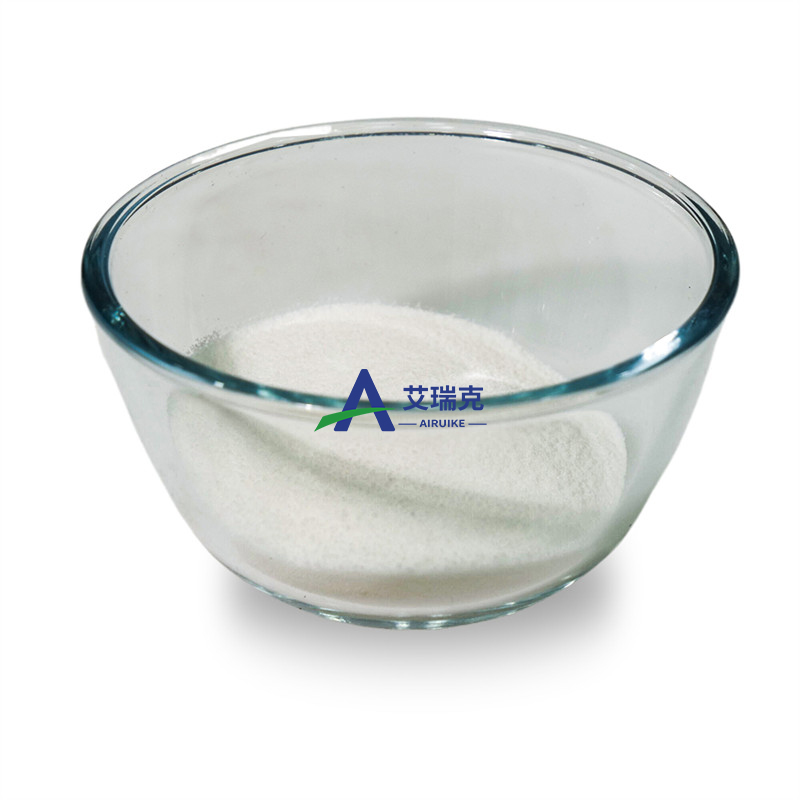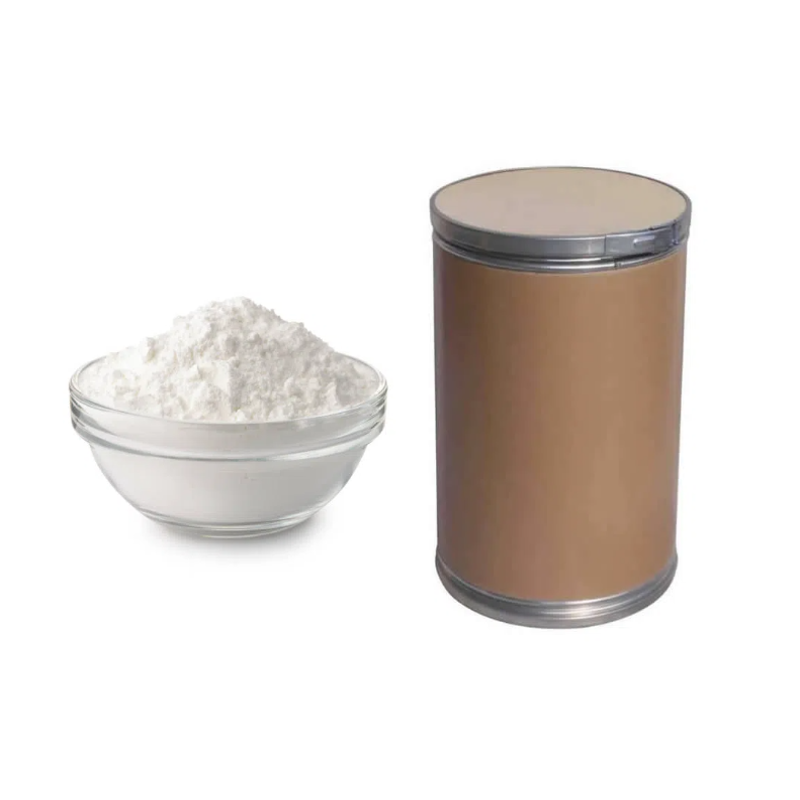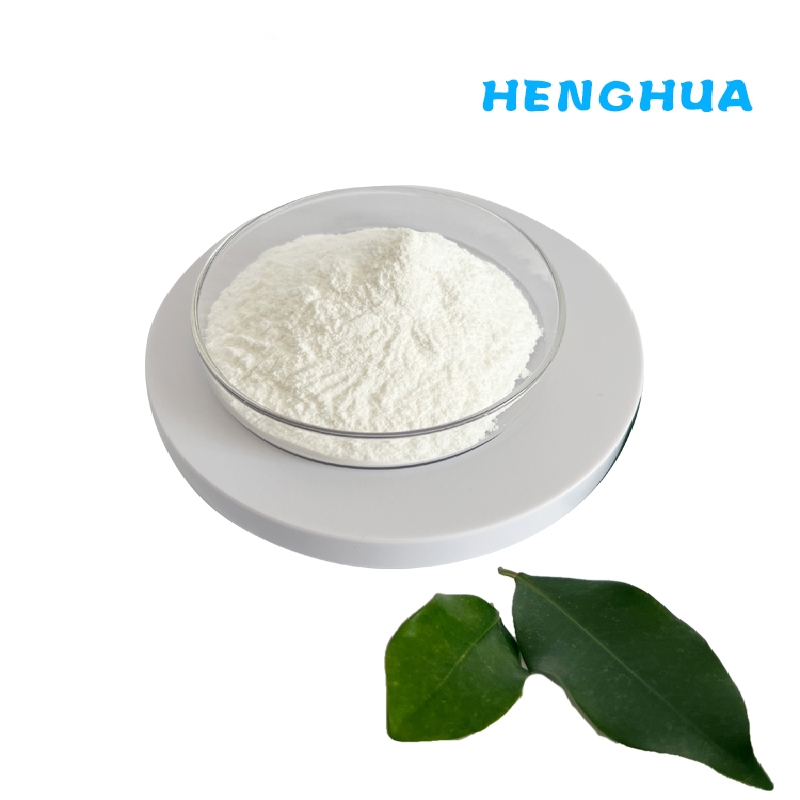-
Categories
-
Pharmaceutical Intermediates
-
Active Pharmaceutical Ingredients
-
Food Additives
- Industrial Coatings
- Agrochemicals
- Dyes and Pigments
- Surfactant
- Flavors and Fragrances
- Chemical Reagents
- Catalyst and Auxiliary
- Natural Products
- Inorganic Chemistry
-
Organic Chemistry
-
Biochemical Engineering
- Analytical Chemistry
-
Cosmetic Ingredient
- Water Treatment Chemical
-
Pharmaceutical Intermediates
Promotion
ECHEMI Mall
Wholesale
Weekly Price
Exhibition
News
-
Trade Service
Recently, researchers have investigated the effect of limiting salt intake on the symptoms of overactive bladder (OAB) in patients with excessive salt intake.
The patients participating in the study received a nutrition instruction manual on reducing salt intake and received health education every 4 weeks for a total of 12 weeks.
The researchers evaluated data from the Overactive Bladder Symptom Score (OABSS) questionnaire and frequency-volume diagrams (FVCs), and estimated daily salt intake by measuring urine sodium and creatinine concentrations using drip urine samples.
The study included a total of 98 patients, 71 (72.
4%) successfully restricted their daily salt intake after 12 weeks (salt restriction group [R]), while 27 (27.
6%) had no restriction (non-limiting).
Limited salt group [NR]).
The results showed that the score of each OABSS question in the R group and the resulting total score were significantly improved; however, the individual score of the NR group remained unchanged, and the total score increased.
The FVC data showed that compared with the NR group, the emptying volume of the R group was improved.
Finally, 17 patients (23.
9%) in the R group no longer met the diagnostic criteria for OAB after reducing their salt intake.
Changes in salt intake and urinary parameters Finally, the researchers pointed out that reducing salt intake can improve the urinary system symptoms of OAB patients, and can be used as a treatment plan for patients with excessive daily salt intake.
Original source: Tomohiro Matsuo, Yasuyoshi Miyata, Asato Otsubo et al.
Efficacy of salt reduction for managing overactive bladder symptoms: a prospective study in patients with excessive daily salt intake.
Sci Rep.
Feb 2021
The patients participating in the study received a nutrition instruction manual on reducing salt intake and received health education every 4 weeks for a total of 12 weeks.
The researchers evaluated data from the Overactive Bladder Symptom Score (OABSS) questionnaire and frequency-volume diagrams (FVCs), and estimated daily salt intake by measuring urine sodium and creatinine concentrations using drip urine samples.
The study included a total of 98 patients, 71 (72.
4%) successfully restricted their daily salt intake after 12 weeks (salt restriction group [R]), while 27 (27.
6%) had no restriction (non-limiting).
Limited salt group [NR]).
The results showed that the score of each OABSS question in the R group and the resulting total score were significantly improved; however, the individual score of the NR group remained unchanged, and the total score increased.
The FVC data showed that compared with the NR group, the emptying volume of the R group was improved.
Finally, 17 patients (23.
9%) in the R group no longer met the diagnostic criteria for OAB after reducing their salt intake.
Changes in salt intake and urinary parameters Finally, the researchers pointed out that reducing salt intake can improve the urinary system symptoms of OAB patients, and can be used as a treatment plan for patients with excessive daily salt intake.
Original source: Tomohiro Matsuo, Yasuyoshi Miyata, Asato Otsubo et al.
Efficacy of salt reduction for managing overactive bladder symptoms: a prospective study in patients with excessive daily salt intake.
Sci Rep.
Feb 2021







